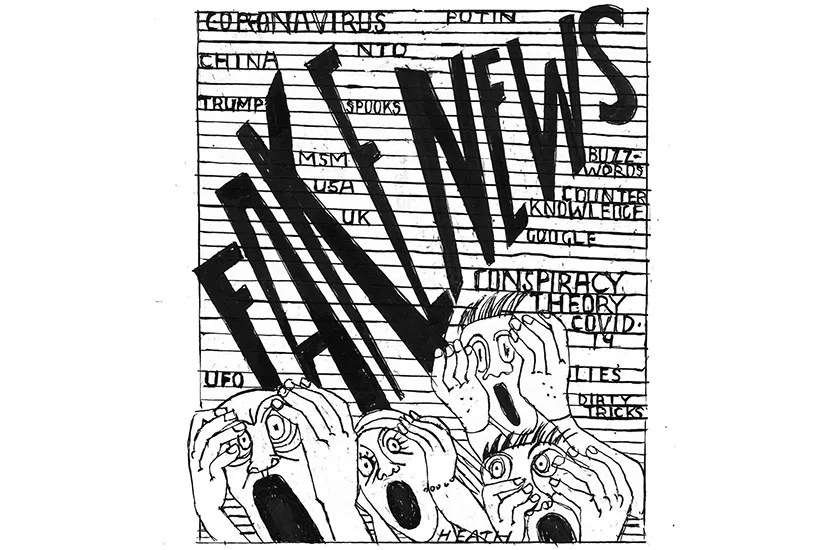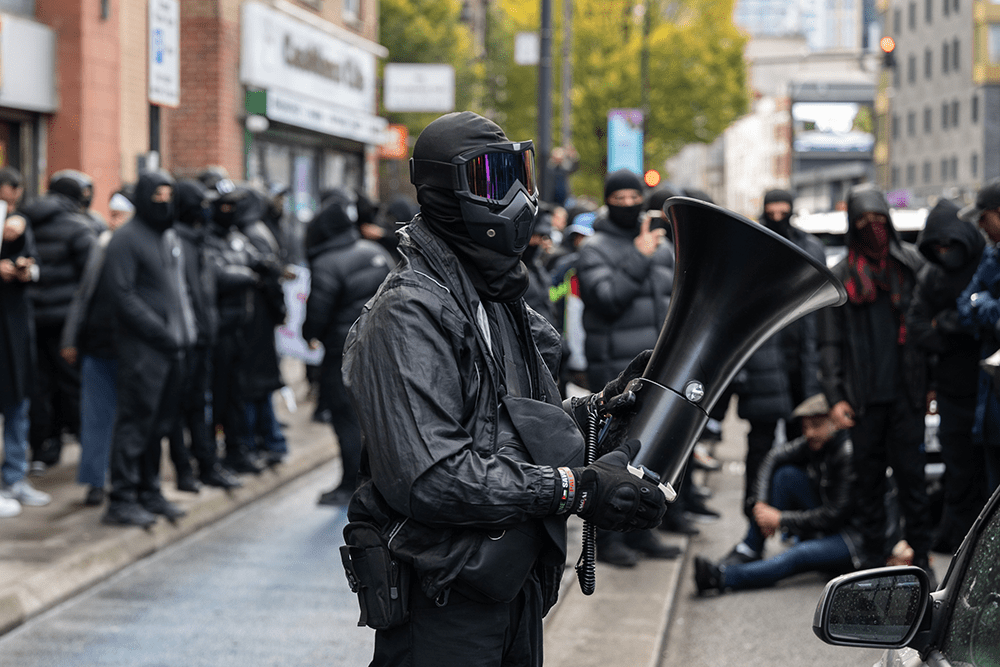In the aftermath of misinformation spread via tech platforms during the recent riots, there is talk of the government requiring tech platforms to remove ‘fake news’ – as well as introducing a duty to remove ‘legal but harmful’ content as part of a review of the Online Safety Act.
‘Fake news’ could presumably take a number of forms. There could be specific ‘crisis-triggering’ fake news, such as malicious false claims about the identity of a murderer (risking lynch mobs or riots), about bank runs (triggering financial crises), about vaccine side effects (deterring urgently-required vaccinations – such as during a pandemic) or about terror attacks (triggering panic). Then there could be broader, more persistent false claims, intended to undermine individuals, institutions or confidence required for crucial things.
When people are prosecuted, after the event, for malicious, harmful and illegal falsehoods, it is possible to test whether what was said was true. But if the idea is that tech platforms will be forced to delete ‘fake news’ postings in advance of any legal process or even in cases where the claims aren’t illegal at all, how is the truth or otherwise of alleged ‘fake news’ to be established?
Let’s consider a claim that is repeated frequently on social media: ‘Liz Truss crashed the economy’. It is possible to imagine claims of this sort having urgent financial implications – such as encouraging lots of people to change their mortgages, or exacerbating trading instability in financial markets. Perhaps it might initially have met the threshold of ‘crisis-triggering’ to count as a candidate for being fake news and thus deleted. Or consider the claim that ‘The risks of the AZ vaccine are too high for it to be worth it for 35 year olds to take it’. In early 2021 that could well have met the threshold for being crisis-triggering – as could the claim that ‘wearing a mask could help impede the spread of Covid’, made in April 2020.
Are any of these actually fake news, though? Suppose I say the Truss one is fake news – a clearly false claim that no objective economist could in good faith consider anything other than blatantly false, and liable to trigger a crisis. And suppose some other economists disagree with me, with some saying it’s true, others saying it’s false but arguable and others saying it’s unarguably false but not crisis-inducing. How would it be decided whether it is actually ‘fake news’ that should be deleted?
The only way things could work is that there would have to be some committee or regulatory authority tasked with deciding whether things claimed to be fake news are actually fake news. And the only basis on which they could do that would be whether the consensus amongst the relevant experts is that it is false, unarguable and crisis-triggering.
But that would mean that the only opinions associated with crises – and crises might often be the most important times to know – that would be permitted on tech platforms would be those that mainstream expert opinions regarded as at least arguable. If your opinion doesn’t match the consensus and the consensus doesn’t consider it at least respectably wrong, then it can’t be expressed on a tech platform during a crisis.
There are all sorts of problems with such an arrangement. But not the least of them is that the consensus amongst relevant experts can change. In April 2020 mainstream expert opinion was that wearing masks would not prevent the spread of Covid. Shops were not even permitted to advertise masks as helping to stop the spread of the virus. Presumably the consensus was very confident that it was right about masks.
So presumably it would have been impermissible to question that on social media – posts doing so would have had to be deleted immediately. Yet within months it wasn’t merely permissible to sell prophylactic masks, it was compulsory to wear them.
One person’s fake news (indeed one month’s fake news) is another person’s (or month’s) standard mainstream opinion. That doesn’t mean nothing should ever be instructed to be taken down. But the threshold should be very high and should not be about some committee or regulator purporting to be the arbiter of truth. We need to be able to express our disagreement with the fashionable opinions of the day.







Comments